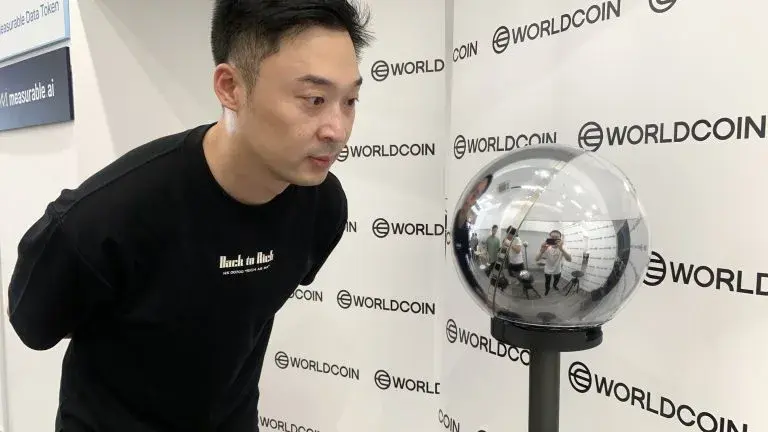- cross-posted to:
- [email protected]
- cross-posted to:
- [email protected]
Reporters visited booths of Worldcoin, a global blockchain project championed by OpenAI CEO Sam Altman, in Nairobi, Bengaluru, and Hong Kong to get a better sense of who was signing up for the service and why. In all three cities, the surge of interest for registering their biometrics to the blockchain was driven primarily by the sign-up bonuses. Relatively few people were familiar with the goals of the project.
Wow that is dystopian, combined with idiocy. What a scary combination.
It’s not necessarily idiocy. Dystopian, yes. And when you consider that the case for it not being idiocy is a government that has created such wealth inequality that people will do this for an extra $50.
Valid point, that’s what makes it even more dystopian. The most in your face example of “you have to be able to afford privacy”.
I agree with what you say about inequality and get your point, though I am not sure whether exactly these individuals were in urgent need of extra 50 bucks. A major point here is information and education here (or, better, the lack of it).
In the meantime, the Kenyan government has ordered cryptocurrency project Worldcoin to stop signing up new users, citing data privacy concerns.
The ministry of the interior has launched an investigation into Worldcoin and called on security services and data protection agencies to establish its authenticity and legality.
I’m more interested in learning about who is paying the 25 WLD, how they have funded that, and how they plan to generate a return on the investment. There is already an upfront investment involved in developing the token, the “orb”, and the uses of the data, so what is the business model that generates revenue for them?
Last year the MIT Technology Review published an extensive research report. It’s a very long read but it’s worth the time if I may say so.
Our [MIT] investigation revealed wide gaps between Worldcoin’s public messaging, which focused on protecting privacy, and what users experienced. We found that the company’s representatives used deceptive marketing practices, collected more personal data than it acknowledged, and failed to obtain meaningful informed consent. These practices may violate the European Union’s General Data Protection Regulations (GDPR)—a likelihood that the company’s own data consent policy acknowledged and asked users to accept—as well as local laws. […]
Pete Howson, a senior lecturer at Northumbria University who researches cryptocurrency in international development, categorizes Worldcoin’s actions as a sort of crypto-colonialism, where “blockchain and cryptocurrency experiments are being imposed on vulnerable communities essentially because…these people can’t push back,” he told MIT Technology Review in an email.



